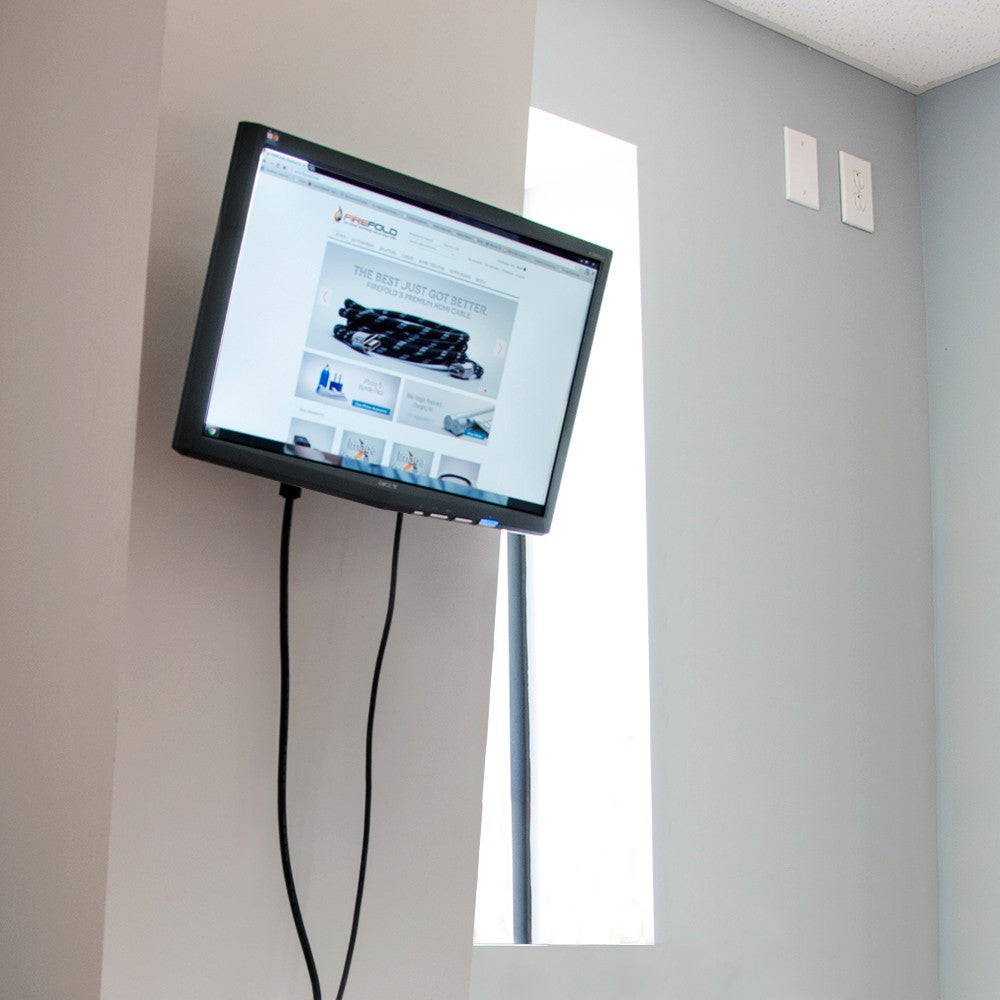

Every three to five years, replace surge protectors that lack an auto-shutoff feature.And if you’re plugging in new gear, check each outlet for burn marks or any sign of damage. Always replace your surge protectors after any large event, such as a lightning strike down the block or multiple outages in rapid succession.

A ground fault could fry your devices, electrocute someone, or start a fire. If there is a fault, call an electrician as soon as possible to determine whether you have a wiring problem. Most protectors have a single grounding light that indicates whether there’s a ground fault. When you first plug in a surge protector, make sure the status lights don’t report any problems.This decreases the risk of electric shock, according to the Consumer Product Safety Commission. Use grounded (three-prong) or polarized (one blade thicker than the other) plugs whenever possible.Bypassing the ground negates most of the benefits of using surge protectors, since typically two-thirds of their MOVs are tied to the ground leg. Never use an adapter to plug a surge protector into an ungrounded outlet.The worst-case scenario is that something starts melting-that’s the opening act for an electrical fire.

The best-case scenario is that you trip a breaker or blow a fuse. This is an easy way to exceed the current ratings on the surge protector and even the wiring in your walls. Never daisy-chain multiple surge protectors to add outlets, and never plug a surge protector into an extension cord.Attractive, slim design was a plus, and we considered well-designed clamps, hooks, or holes for mounting the surge protector on a table or baseboard to be a bonus. Sensible port layout and overall design: To keep oversize plugs from blocking nearby outlets, we looked for adequately spaced ports.Long power cord: If a surge protector has a power cord, longer is better because it’ll be safer and more convenient to use.However, a warranty covers only defects and won’t help you when the surge-absorbing components wear out as designed. At least a one-year warranty: This is a bare-minimum requirement for something that you’re trusting to protect high-priced equipment and that you’ll be replacing every few years.USB ports are handy for charging a phone or other small device without a wall charger, but since most won’t charge a phone at top speed, we don’t think they add much value. Convenient auxiliary ports: We preferred models with coaxial connectors, which are commonly used in AV devices, as well as telephone ports for a landline phone or dial-up internet connection.But since this is just an estimate, we didn’t put a lot of stock in it.



 0 kommentar(er)
0 kommentar(er)
